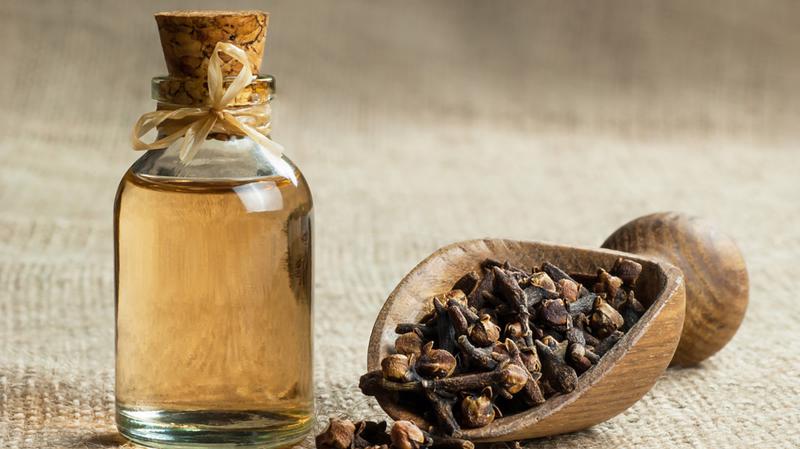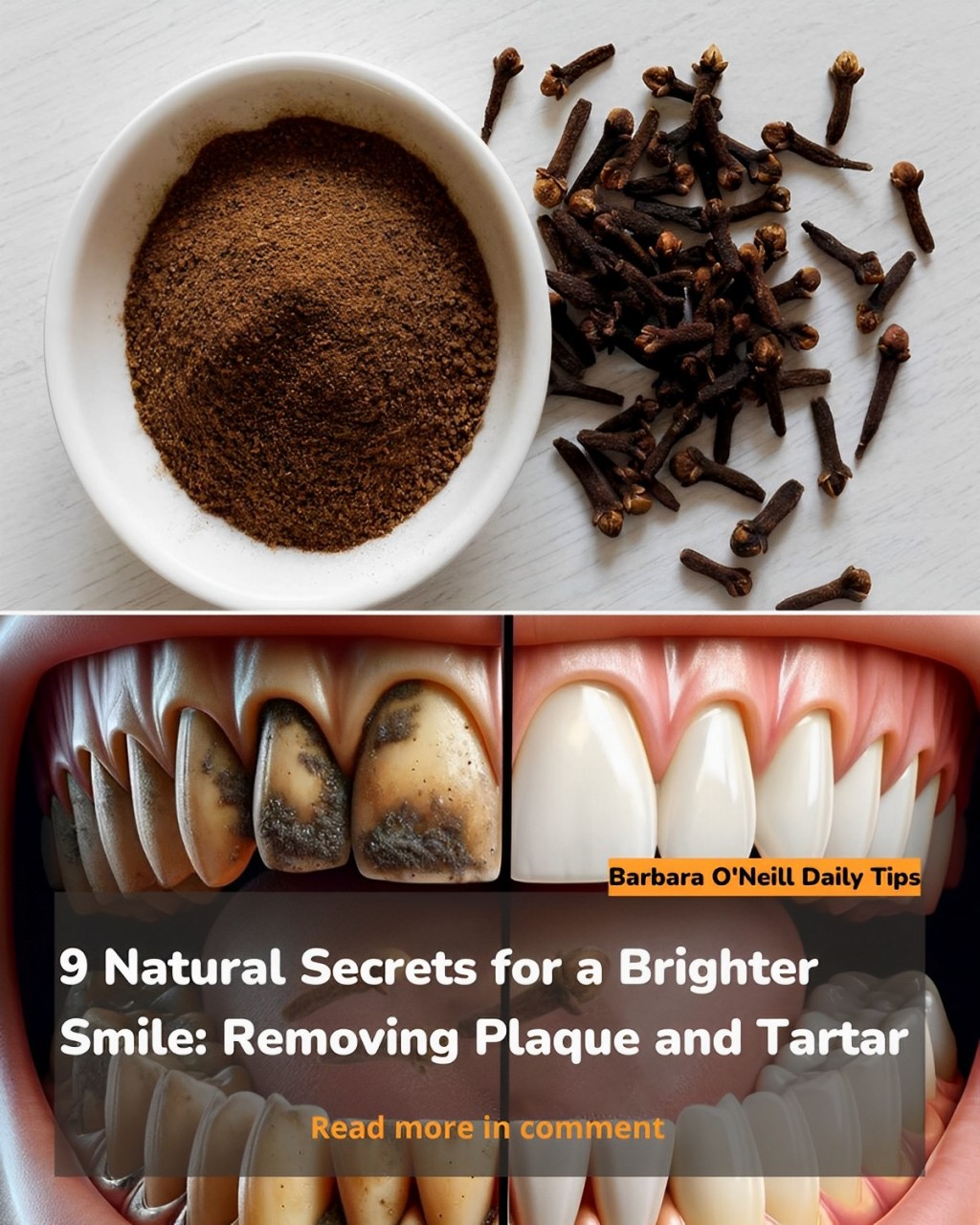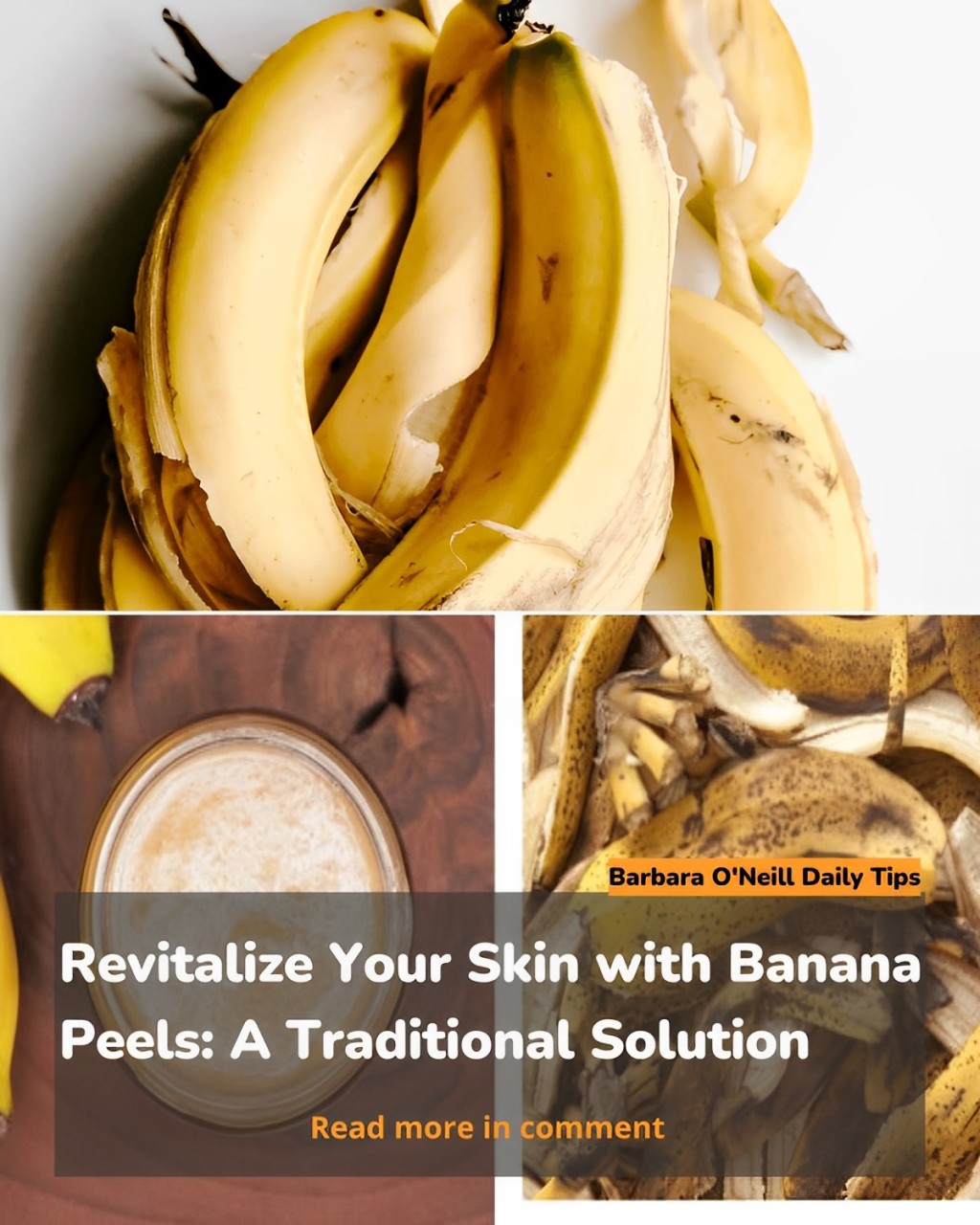Cloves are evergreen plants of the Myrtaceae family, their small reddish brown buds have long been dried and used as a spice. These buds also contain up to 20% essential oils, which are commonly extracted and used as a local anesthetic for teeth, a disinfectant, a mouthwash, and a sweetener. This aromatic oil brings countless benefits to users.

Clove oil is perhaps best known for its oral health benefits. This essential oil is high in eugenol and eugenyl acetate, two ingredients that have been shown to prevent tooth calcification and erosion, as reported in the International Journal of Dentistry. According to a study published in the Journal of Diagnostic and Clinical Research, researchers also found it to be the most effective natural product in fighting tooth decay.
A study shows that clove oil contains anti-inflammatory, antioxidant, anti-fungal and antibacterial properties, making it very useful in treating skin diseases such as acne and boosting immunity, fight disease. A 2019 study found that clove oil reduced inflammation by 35.7% in experiments. Clove oil has also been used successfully to treat inflammatory diseases such as asthma, fibrosis and edema. Clove oil has also been used in skin creams for anti-aging, according to scientists. learn.
Eugenol and eugenyl acetate bind to cell membranes, protecting them from attacks by free radicals that cause cancer in the body and aging. These ingredients may also inhibit histamine release triggered by allergic immune responses, benefiting those with seasonal allergies. People with digestive problems may also find relief by adding clove oil to your diet. Studies show it can help reduce nausea, motion sickness and gastrointestinal irritation (according to World Scientific).
Clove oil is also often recommended for acne patients because it has strong antibacterial properties. Research shows that this oil can inhibit Staphylococcus bacteria, which can cause acne, pimples, skin ulcers, rashes, blisters, impetigo, and Staphylococcal burned skin syndrome. To treat acne, you can mix a few drops of clove oil with 1 tablespoon of coconut oil or jojoba oil, and apply it to the inflamed skin. You can also mix 2-3 drops of the oil with 1 teaspoon of raw honey for effective results. Eugenol in clove oil can rejuvenate the skin and stimulate it, increasing blood flow to the skin and making it smoother. it looks radiant.

You will find clove essential oil in many products to reduce the effects of aging such as wrinkles, sagging skin, etc. More conveniently, clove oil can be used as a milk. face wash and natural moisturizer. It can also be used to treat warts, shingles, and rashes as well as to reduce scarring. According to one study, clove essential oil helps stimulate the synthesis of mucus, an important gastric protective factor. . This is why the oil and eugenol, its main compound, help protect the lining of the digestive tract and prevent the formation of ulcers and gastritis. Clove essential oil also has effective cooling and anti-inflammatory properties. fruit. We can use it as an effective treatment for various respiratory disorders including colds, coughs, bronchitis, asthma, sinusitis and tuberculosis.





